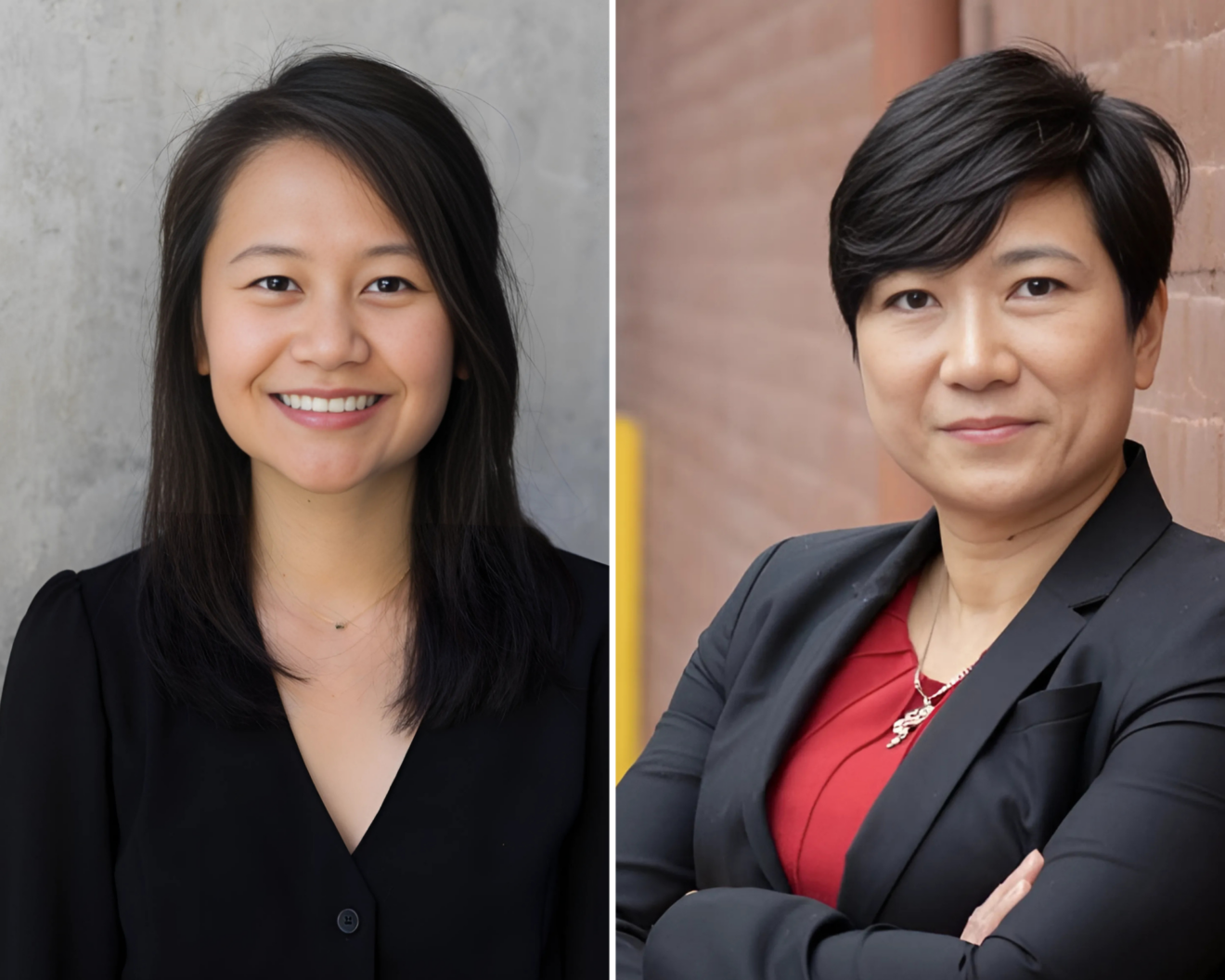
Two IHPME faculty have been awarded nearly $2 million CIHR grant as part of the Fall 2024 Project Grant competition.
By: Marielle Boutin
Drs. Emily Seto (Nominated Principal Investigator) and Quynh Pham (a Principal investigator) were awarded a $1,923,976 CIHR grant over a term of 4 years for the project “Spread of an Evidence-based Heart Failure Remote Patient Management Program: An International Implementation-Effectiveness Trial in Australia, Canada, and the United Kingdom.”
IHPME faculty Joseph A. Cafazzo, Monika Kastner, Kuan Liu, Jennifer N. Stinson, and IHPME graduate students Amika Shah, and Ting Xiong are among the co-investigators on the international team. Serine Sahakyan and Katie Hill, IHPME graduate students, are also involved as student collaborators.
The grant will support an international expansion of Medly, a remote patient management program, to explore its implementation and assess its impact on reducing hospitalizations and deaths in Alberta, the UK, and Australia.
The Medly Program uses a smartphone app to help heart failure patients better manage their condition from home by logging metrics such as weight, blood pressure, and heart rate and providing feedback along with alerts to their healthcare providers, with the goal of improving patient self-management.
Medly was built by the Centre for Digital Therapeutics at the University Health Network (UHN), a research group dedicated to developing innovative solutions for chronic disease management.
According to Dr. Seto, the core Medly research team, which is made up of members from the Centre for Digital Therapeutics, UHN, and U of T, has been advancing and evaluating the Medly Program and its associated technology for over 15 years since its early inception as Dr. Seto’s PhD thesis. Beginning in 2016, it has been used as part of the standard care for heart failure management at UHN under the leadership of Dr. Heather Ross (co-inventor of Medly along with Drs. Cafazzo and Seto), accumulating over 2000 patients and expanding to various sites in Ontario.
Now is the time, says Dr. Seto, to take it worldwide.
By leveraging their network with the International Collaborative for Translational Digital Health, a partnership between the University of Toronto, the University of Manchester, and the University of Melbourne, the team is motivated to work together to improve chronic disease management on a global scale.
“We are facing the same barriers to quality chronic disease management globally, but we work in silos trying to find solutions,” says Dr. Seto. “It’s time that we work together and figure out ways to spread effective innovations and share knowledge instead of duplicating work.”
Because Medly has successfully been integrated into local hospitals, reducing hospitalizations and meeting other key metrics of the Quintuple Aim, a framework that includes improving health outcomes, enhancing patient experience, reducing costs, supporting clinicians, and advancing health equity, it serves as an exemplary model for expanding effective digital therapeutics both nationally and internationally.
The expansion will follow the traditional approach of a hybrid type 3 implementation-effectiveness trial, focusing first on evaluating the implementation outcomes, and secondly, on exploring the clinical effectiveness of Medly in the context of real-world settings outside of Ontario.
“Our main goal is to see how successful the implementation is with respect to adoption, feasibility, fidelity, implementation costs, and sustainability. At the same time, we will collect data to determine Medly’s clinical effectiveness including if it reduces hospitalization, mortality, and Emergency Department visits,” says Dr. Seto.
Dr. Seto emphasizes the crucial role of local champions who will be site Principal Investigators and multidisciplinary teamwork in the successful international implementation of the program.
“We’ve built a phenomenal international and multidisciplinary team including researchers, clinicians, and patient partners to get this research completed,” says Dr. Seto. “They will be invaluable to the overall success of the project because they will have local knowledge of the healthcare systems, workflows of the sites, regulatory environment, who we need to loop in as part of the team, and the overall barriers and facilitators to the project.”
A central project management team in Toronto will oversee all aspects of the research and clinical and research staff at deployment sites to set up and run local Medly programs.
Following the trial, the team hopes the implementation will be a success and that Medly is found to be as effective on an international scale as it was locally, allowing them to seek additional funding to get the program imbedded into standard of care across Canada and globally.
Related News

Sign up for IHPME Connect.
Keep up to date with IHPME’s News & Research, Events & Program, Recognition, e-newsletter.
Subscribe to Connect Newsletter
Get in Contact
Communications
Marielle Boutin
Email Address: ihpme.communications@utoronto.ca





